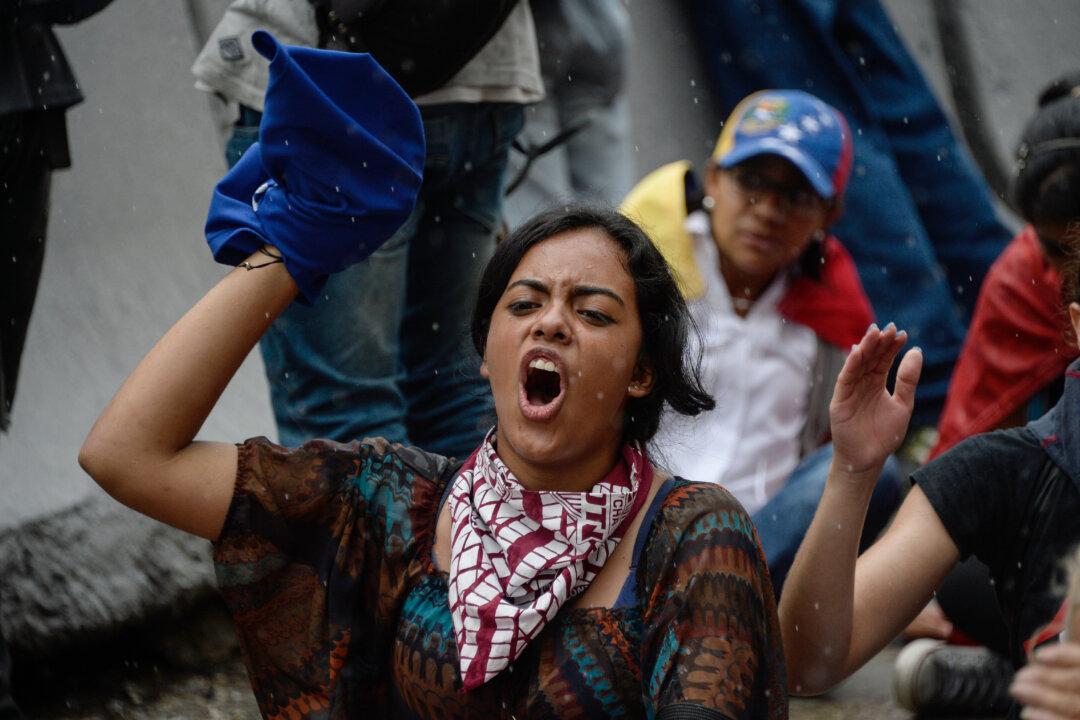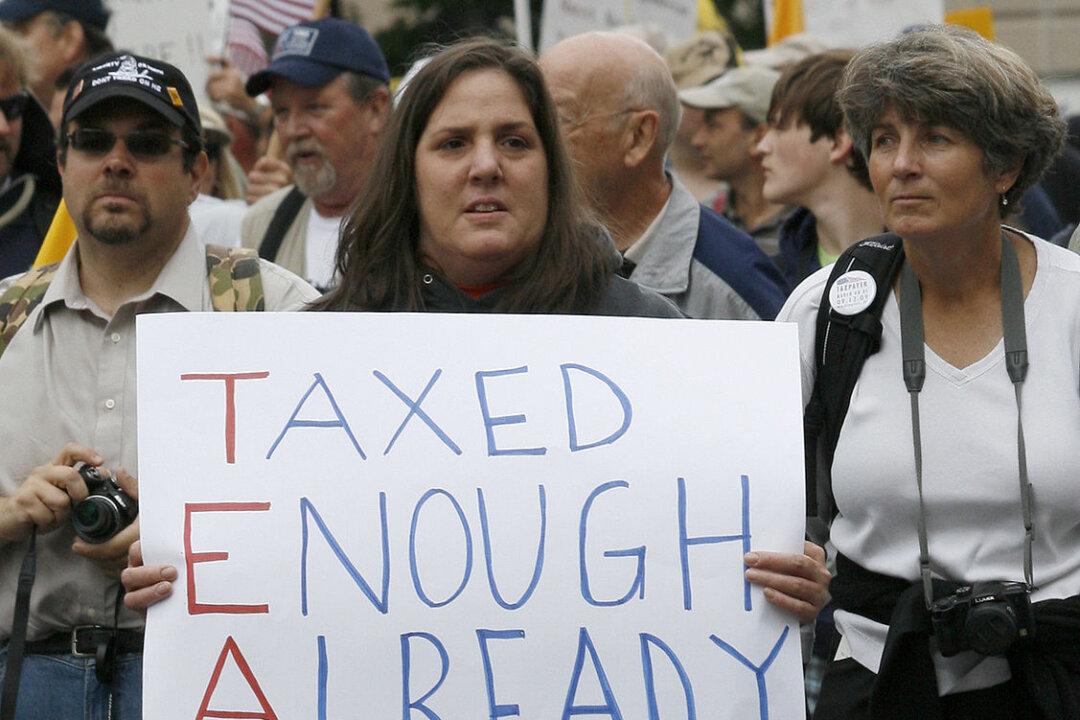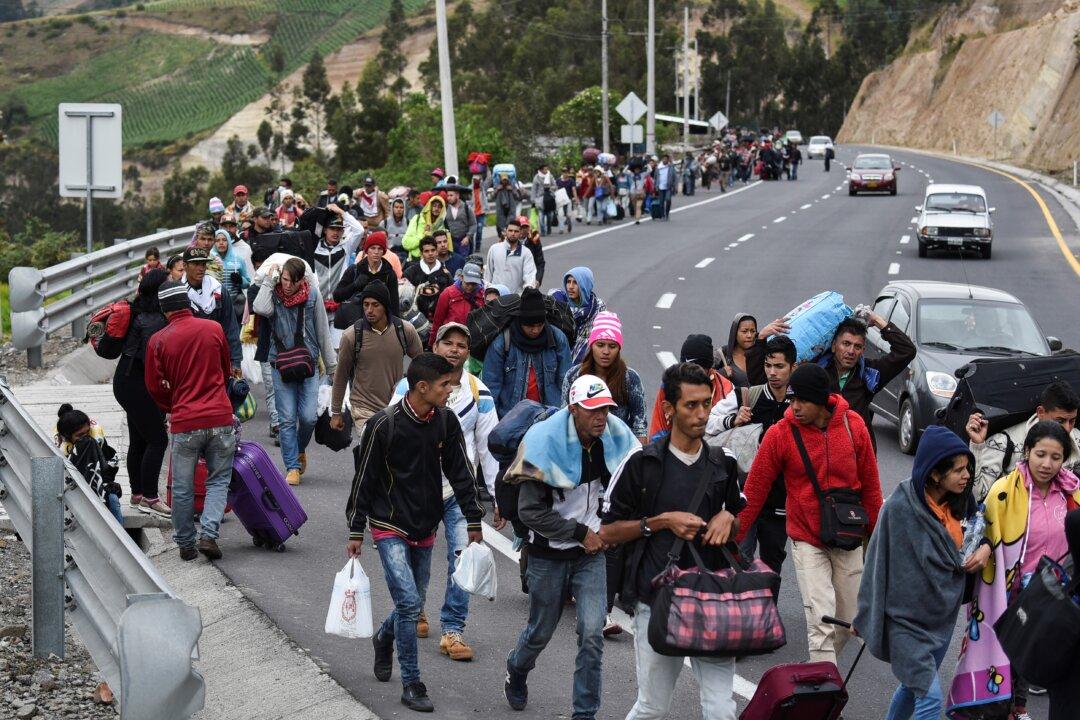The socialist regime in Venezuela has generated the largest mass exodus in Latin American history, and a prominent think tank in Washington, DC, says the time for talk is over.
The nonpartisan Center for Security Policy (CSP) issued a statement on October 4 backing U.S. support for “Venezuelans to take their country back by themselves“ from ruler Nicolás Maduro. CSP recommends the United States provide arms and training to worthy Venezuelans, but ”not start another war of choice.”





